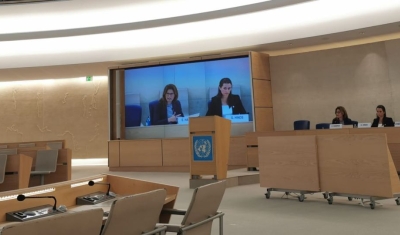Context
Advancements in digital technology have created both opportunities and risks for the promotion, expansion and application of human rights. Among the most topical challenges is the advent of artificial intelligence (AI), and the possibility that such technologies will grow and disperse without taking into potential account human rights externalities – and in the absence of a robust regulatory framework.
These challenges are beginning to be discussed at the multilateral level. At the United Nations (UN) Human Rights Council (HRC), AI has been examined in terms of its impacts on persons with disabilities, privacy, and racial discrimination. Most recently, in late 2022, the HRC adopted resolutions A/HRC/51/L.3 and A/HRC/51/L.25, requesting its Advisory Committee to prepare separate studies examining the human rights implications of neurotechnology and emerging military technologies.
An issue yet to be addressed, but of increasing concern, is how AI coupled with internet reliance has created an opportunity for individuals, non-state groups, states use web-based platforms to push content to produce outcomes that violate human rights (e.g. incitement of discrimination-driven violence).
The coming years represent a critical period for unpacking and understanding these digital technologies through a human rights lens, and ensuring that regulatory standards and accountability keep pace with threats.
Objective
To unpack these challenges, this 3-year project will target three emerging and under-researched areas (i) digital military technologies, (ii) content pushing for ends incompatible with human rights and (iii) neurotechnology.
This project aims at empowering key stakeholders with a common understanding of the principal risks with a view to strengthening the international human rights framework and crafting effective regulation.
Working in cooperation with the HRC Advisory Council and UN Working Group on Business and Human Rights, the project will culminate in the development of guidelines on the development and use of these new technologies in conformity with human rights. Dissemination will separately target the technology and corporate sectors with a view to these communities of practice incorporating human rights perspectives into their innovation practices, product development and internal regulatory frameworks.







